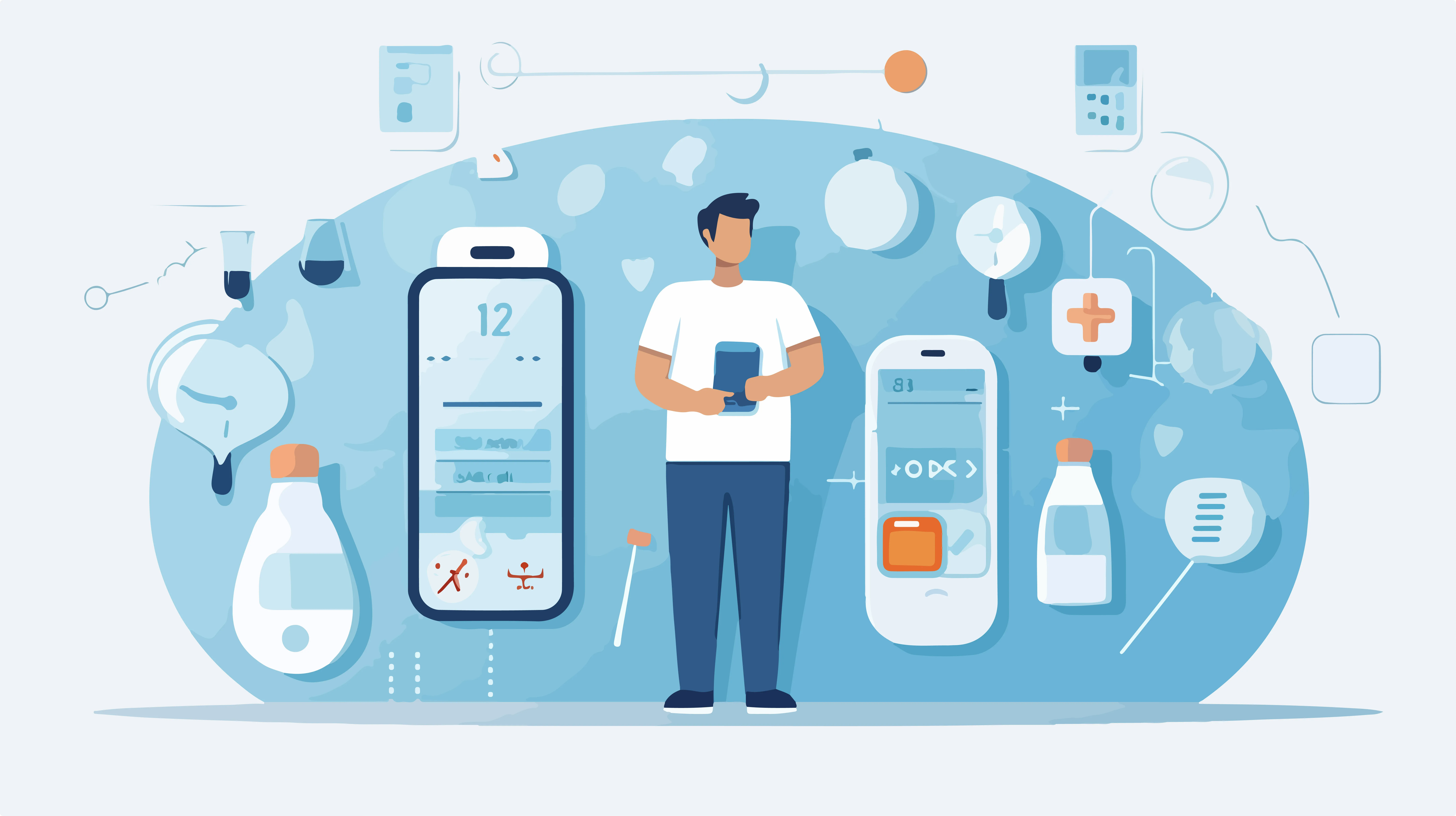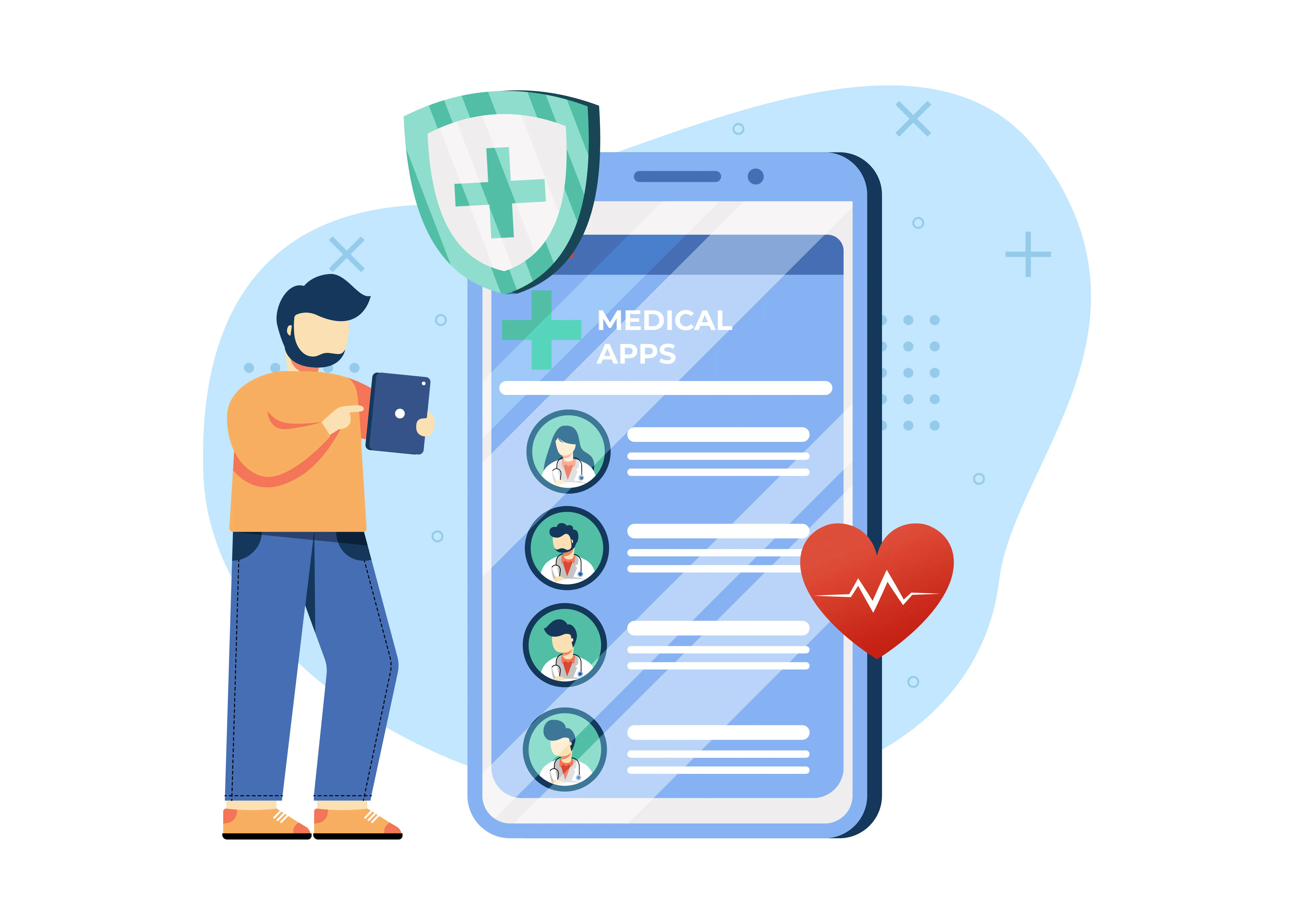The fusion of artificial intelligence (AI) and wearable technology is transforming healthcare by enabling real-time monitoring, predictive analytics, and personalized treatment plans. With AI-driven wearables becoming more advanced, they are playing a crucial role in preventive healthcare, chronic disease management, and overall patient well-being. But how far has this innovation come, and what does the future hold? This blog explores the latest advancements, real-world applications, and the impact of AI-powered wearables in shaping the next era of personalized healthcare.
As a global leader in hosting high-impact industry events, World BI brings together healthcare pioneers, AI experts, and digital health innovators through its Digital Health & AI Innovation Summit. This premier event serves as a hub for exploring cutting-edge advancements in AI-powered wearables, discussing regulatory challenges, and fostering collaborations that drive the future of digital healthcare.
The Rise of AI in Wearable Healthcare Technology
Wearable technology has evolved significantly over the past decade, transitioning from simple step counters to sophisticated AI-integrated devices capable of monitoring vital signs, detecting anomalies, and even predicting potential health risks. Some key developments include:
- AI-Powered Smartwatches and Fitness Trackers: Devices like the Apple Watch, Fitbit, and Garmin use AI to track heart rate variability, detect atrial fibrillation, and measure blood oxygen levels.
- Wearable ECG and Blood Pressure Monitors: AI-driven wearables like the Omron HeartGuide and KardiaMobile provide medical-grade ECG monitoring and help detect early signs of cardiovascular diseases.
- Continuous Glucose Monitoring (CGM) Systems: Devices such as the Dexcom G7 and Abbott’s FreeStyle Libre use AI to analyze blood glucose levels, allowing diabetic patients to manage their condition more effectively.
- AI-driven Biosensors and Smart Patches: Innovations like smart patches and biosensors measure hydration levels, electrolyte balance, and stress markers, offering deeper insights into individual health.

These advancements signify a shift toward a more proactive and personalized healthcare model, where AI not only collects data but also interprets and acts on it in real time.
AI and Wearable Tech: Real-World Applications in Healthcare
The integration of AI in wearable technology is unlocking new possibilities in disease prevention, remote monitoring, and healthcare accessibility. Some of the most impactful applications include:
1. Preventive Healthcare and Early Disease Detection
AI-powered wearables can detect early signs of health conditions before they become critical. For example:
- Cardiac Monitoring: AI-enabled ECG wearables detect irregular heart rhythms, helping prevent strokes and cardiac arrest.
- Neurological Disorders: Wearables equipped with AI-driven motion analysis can identify early symptoms of Parkinson’s disease, enabling early intervention.
- Respiratory Monitoring: AI-integrated pulse oximeters and smartwatches detect oxygen saturation changes, crucial for patients with conditions like COPD or sleep apnea.
2. Chronic Disease Management
Wearables are transforming chronic disease management by continuously monitoring patients and providing real-time feedback:
- Diabetes Management: AI algorithms in CGM devices analyze glucose fluctuations and predict future trends, helping diabetics maintain optimal blood sugar levels.
- Hypertension Control: AI-driven blood pressure monitors provide personalized insights, suggesting lifestyle adjustments and medication adherence strategies.
- Obesity and Metabolic Health: Wearables track calorie expenditure, activity levels, and metabolic rates, helping users manage weight more effectively.
3. Mental Health and Well-being
AI-powered wearables are now venturing into mental health, offering insights into stress levels, sleep patterns, and emotional well-being:
- Stress and Anxiety Tracking: AI-driven sensors analyze heart rate variability (HRV) and skin conductivity to detect stress levels, prompting users to engage in relaxation techniques.
- Sleep Analysis: Devices like the Oura Ring and Fitbit Sense provide AI-based sleep scoring, helping users optimize their sleep quality.
- Mood Prediction: Emerging AI models assess vocal tone, facial expressions, and biometric data to detect mood fluctuations, offering personalized interventions for mental health support.
4. Remote Patient Monitoring and Telehealth Integration
Wearable AI technology is enhancing telemedicine by providing healthcare professionals with real-time patient data:
- Post-Surgical Recovery Monitoring: Wearables track recovery metrics like mobility, wound healing indicators, and heart rate variability, reducing hospital readmissions.
- Elderly Care and Fall Detection: AI-enabled wearables detect falls in seniors and alert caregivers immediately, improving elderly safety and independence.
- Virtual Healthcare Assistance: AI chatbots and virtual health assistants analyze wearable data to offer personalized health recommendations and flag critical concerns for doctors.
Challenges and Ethical Considerations
While AI-powered wearables hold immense potential, several challenges must be addressed for widespread adoption:
1. Data Privacy and Security
Wearables collect vast amounts of sensitive health data, raising concerns about data breaches and misuse. Robust encryption, user consent, and compliance with regulations like GDPR and HIPAA are essential to ensuring data protection.
2. Accuracy and Reliability
Not all wearable devices provide medical-grade accuracy. Variability in sensor precision and AI model biases can lead to false readings, affecting clinical decision-making.
3. Integration with Healthcare Systems
Seamless integration of wearable data with electronic health records (EHRs) remains a challenge. Ensuring interoperability and standardization across healthcare platforms is crucial for optimizing patient care.
4. Ethical AI and Bias in Health Predictions
AI models must be trained on diverse datasets to prevent biases in health predictions. Failure to do so can lead to discrepancies in diagnosis and treatment recommendations across different demographics.

The Future of AI and Wearable Technology in Healthcare
The next generation of AI-powered wearables will likely include:
- AI-Driven Digital Twins: Personalized virtual models of patients that simulate health conditions and predict treatment responses.
- Non-Invasive Diagnostic Wearables: Smart tattoos, nanotechnology-based sensors, and ingestible wearables that provide real-time health insights.
- AI-Powered Rehabilitation Wearables: Devices that use machine learning to guide physical therapy and post-injury recovery.
- 5G-Enabled Wearables: Faster, real-time health data transmission for improved remote monitoring and telemedicine capabilities.
AI and wearable technology are revolutionizing personalized healthcare, enabling real-time monitoring, predictive analytics, and proactive interventions. From early disease detection to mental health tracking, these advancements are shaping a future where individuals have greater control over their well-being. However, addressing challenges related to data security, accuracy, and ethical AI will be critical in ensuring that AI-powered wearables reach their full potential.
The Digital Health & AI Innovation Summit serves as a premier platform to explore these advancements, bringing together healthcare innovators, AI experts, and industry leaders. Join us as we discuss the future of AI-driven wearable technology and its transformative impact on healthcare.
Don’t miss this opportunity to be part of the next frontier in personalized healthcare!